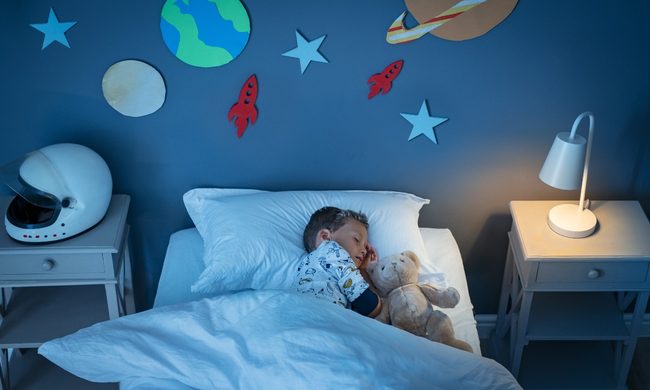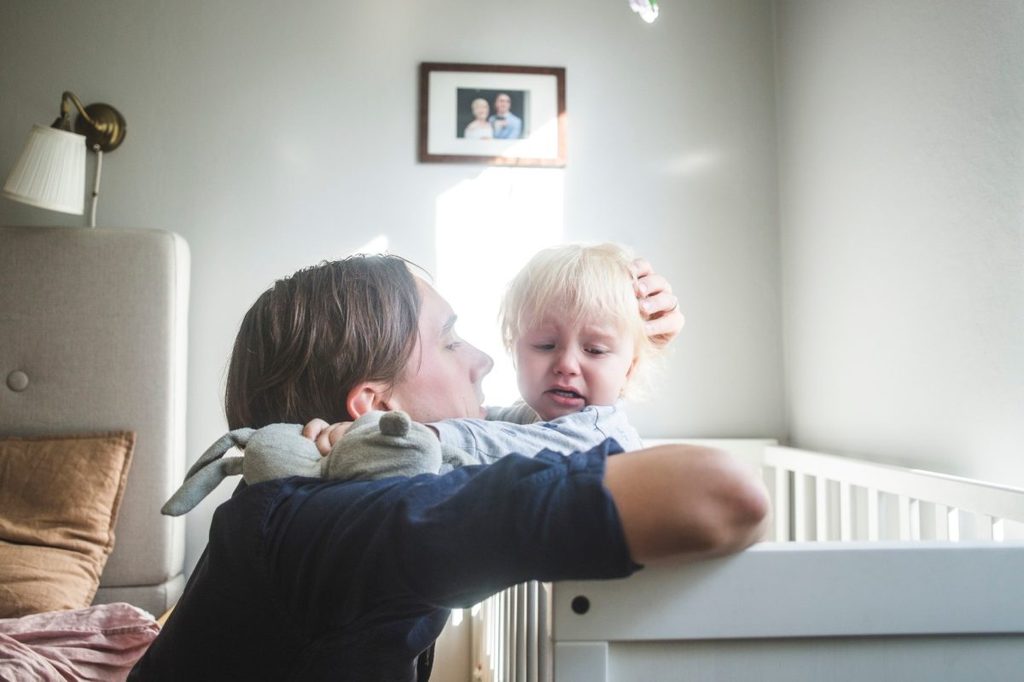
Can babies have nightmares? It may seem unlikely that your little one may be experiencing bad dreams, but if your baby has woken up crying for no apparent reason, you may wonder if a nightmare was the cause.
Often when we think of nightmares, we think of how they’re subconsciously caused by our fears, or by something scary we may have watched on television. Since babies aren’t watching scary movies and are mostly exposed to positive and comforting stimuli, parents often wonder if babies can have nightmares and what they can do to help soothe them back to sleep. We shed some light on why your baby may be waking up upset and what you can do to make their nights as peaceful as possible.

Can babies have nightmares, and what causes them to wake up?
There is no specific age when children start having nightmares, however, actual nightmares might start between the ages of 2 to 4 years. These are often caused by how toddlers perceive their surroundings and how they process that information. For instance, something that’s seemingly “normal,” like vacuuming the house, might scare a young child.
This fear might be revisited during REM which is the sleep stage when dreaming (or nightmares) take place. So, if your child wakes up startled and says that he or she is afraid of whatever is hiding in the closet, then you can help by asking your child to talk about his or her feelings and what happened in the nightmare. In reality, this won’t cause your child to have recurring nightmares about the same thing as some individuals once believed. Rather, talking helps with processing and overcoming the fear which leads to a more peaceful sleep.
On the other hand, you might encounter a situation where your baby still has his or her eyes closed but cries out loudly and doesn’t respond to any form of arousal—at least not right away. This scenario happens quite often and is normal. It’s called confusional arousal, which bears a similarity to sleepwalking or talking. Your child is doing something that gives you the impression of being awake, but he or she is still asleep.
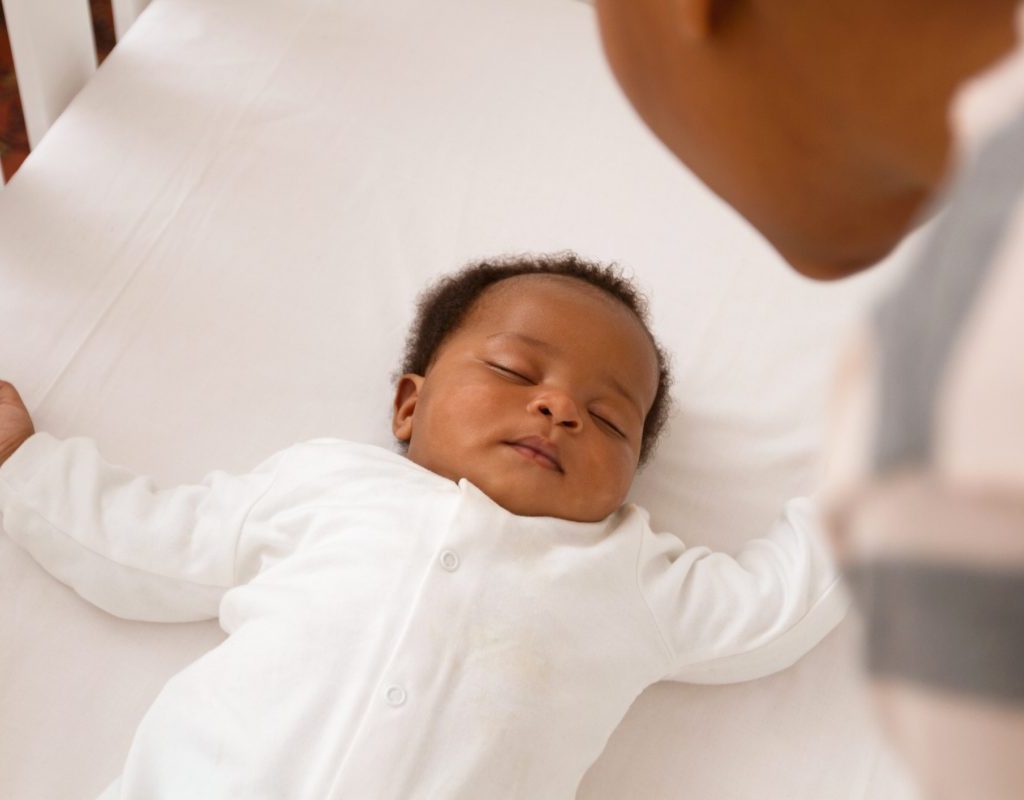
What are other reasons why babies wake up often at night?
Aside from the usual late-night feedings and diaper changes, the most common cause of sleep interruption is confusional arousal, which will occur less often as your baby starts to develop normal sleep patterns at night.
In addition to getting their days and nights reversed, the most common cause of waking up suddenly is stimulation, particularly sounds. At first, your baby might still take a while to process different stimuli because of their developing central nervous system. However, as sounds, sights, and smells become more familiar, he or she will be able to tune them out and sleep through the night.
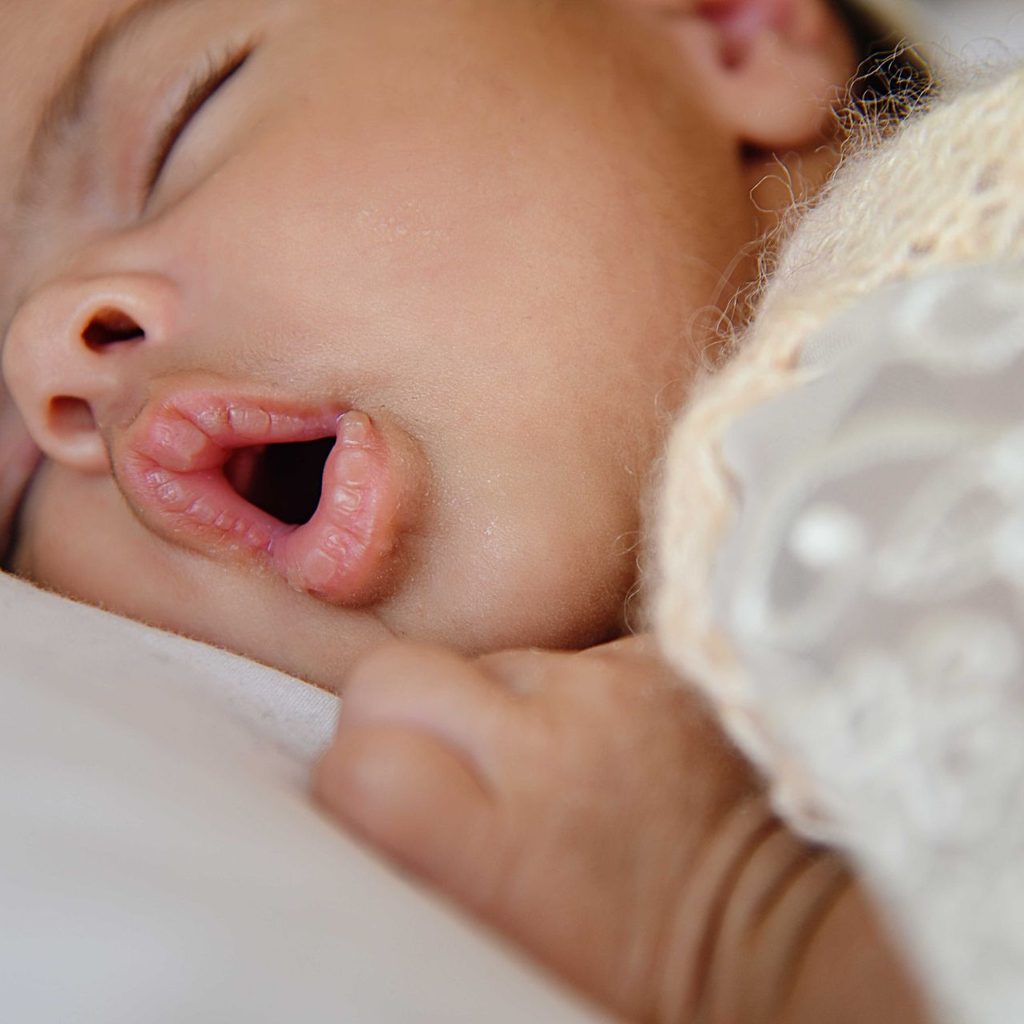
Sleep stages
Babies also go through a variety of different stages in their sleep cycle. Babies will experience drowsiness as they’re falling asleep, REM sleep, which is also known as active sleep, light sleep, and then deep sleep as they transition through these sleep cycles. Sometimes when babies are transitioning from one sleep cycle to the next, they may cry out. This is common and is simply a way their body is signaling that they are moving through the stages of sleep. It can be confusing to parents who may wonder why their baby is suddenly crying out in their sleep, but it’s perfectly normal.
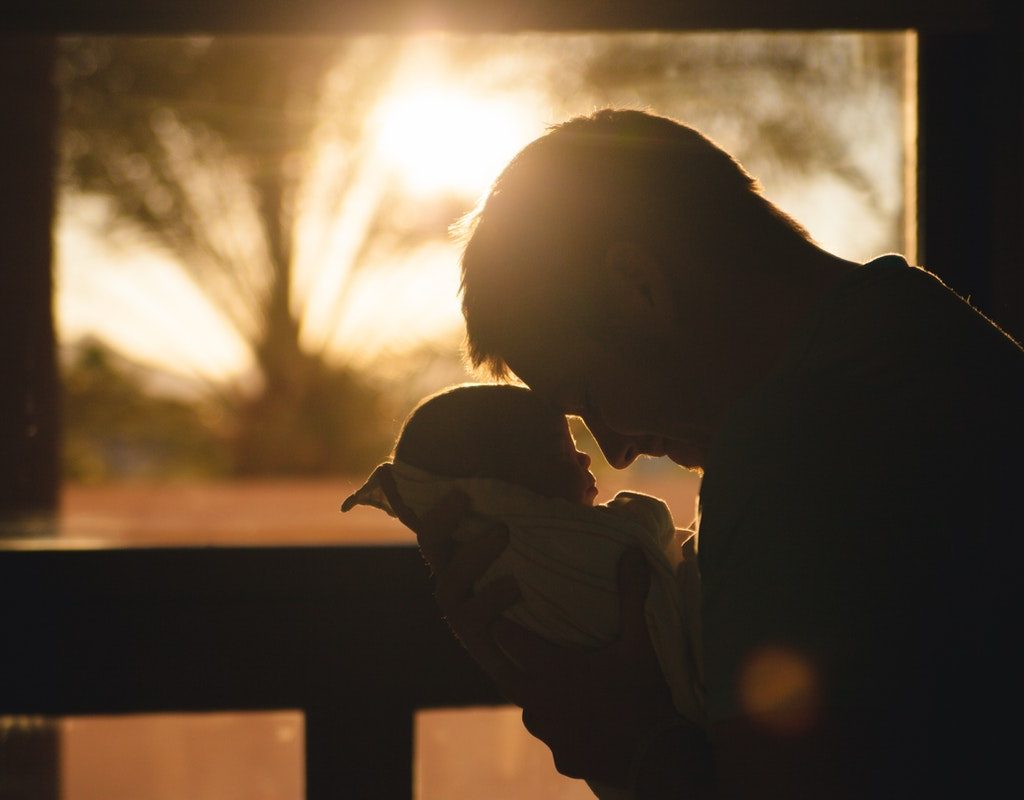
What should you do when your baby wakes up screaming?
All in all, you can expect your baby’s sleep patterns to sporadically change until they develop the skill of self-comfort and a consistent sleep/wake pattern. In the meantime, here are a few tips for soothing your baby back to sleep.
Create a quiet and dark environment
Creating a peaceful environment enables your baby to fall asleep without distractions. Darkness also helps the brain to produce more melatonin, the hormone that induces the feeling of sleepiness.
Feed your baby until he or she becomes sleepy
At times, feeding your baby right before bedtime helps him or her to wind down for the night. However, you should probably refrain from letting your child fall asleep while eating since you still have to burp him or her. This might cause your baby to remain alert rather than relax.
Try a massage
Place your baby in a comfortable position (back or tummy) and give a light massage. Quite often, this helps your baby to become relaxed and eventually drift off to sleep.
Avoid getting your baby overly tired
Ensuring that your child doesn’t become overly stressed or tired right before bed helps to build consistent sleep patterns and assures a peaceful night’s rest. So, playtime shouldn’t go into the late hours even if your baby doesn’t show signs of being tired. Likewise, helping your baby to unwind in the evening decreases cortisol levels, which is the hormone that helps a person to stay alert.
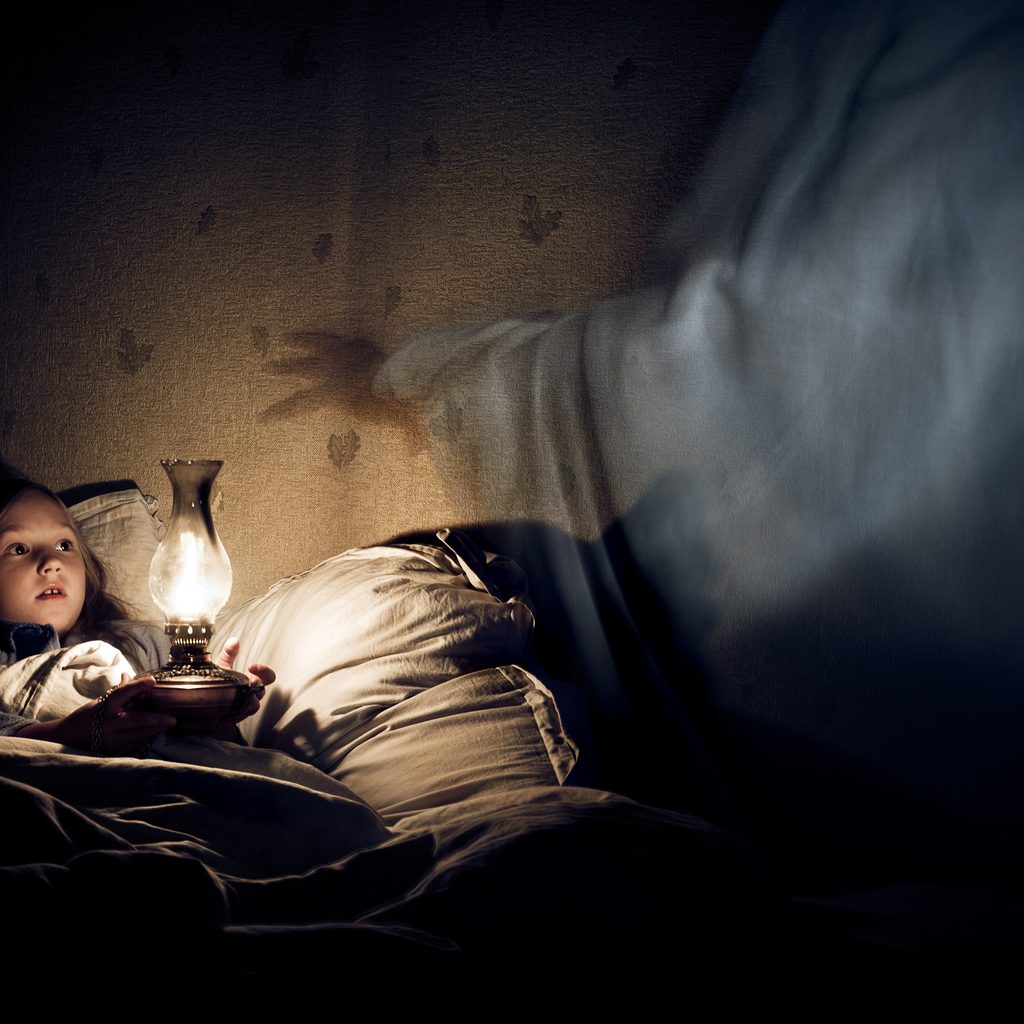
The difference between nightmares and night terrors
If you suspect your child may be experiencing something more intense than a typical nightmare, they may be experiencing night terrors. According to Healthline, nightmares happen during REM sleep, which often occurs early in the morning, and your child will typically be able to tell you what their nightmare was about. Night terrors happen when your child is deep asleep, which is typically earlier in the evening. They note that night terrors can last anywhere from 30 seconds to as long as 5 minutes, and often the child will have no recollection. Night terrors are often recognizable by these actions;
- Screaming or crying
- Jerking or flailing limbs
- Rapid heartbeat
- Tense muscles
- Profuse sweating
Most children grow out of night terrors by the age of 5.
As mentioned, the age children start having nightmares may not be so clear, but as you can see, sleep disruptions are common during the first six months if not the first year. Soon enough, your little one will be enjoying a good night’s rest.



